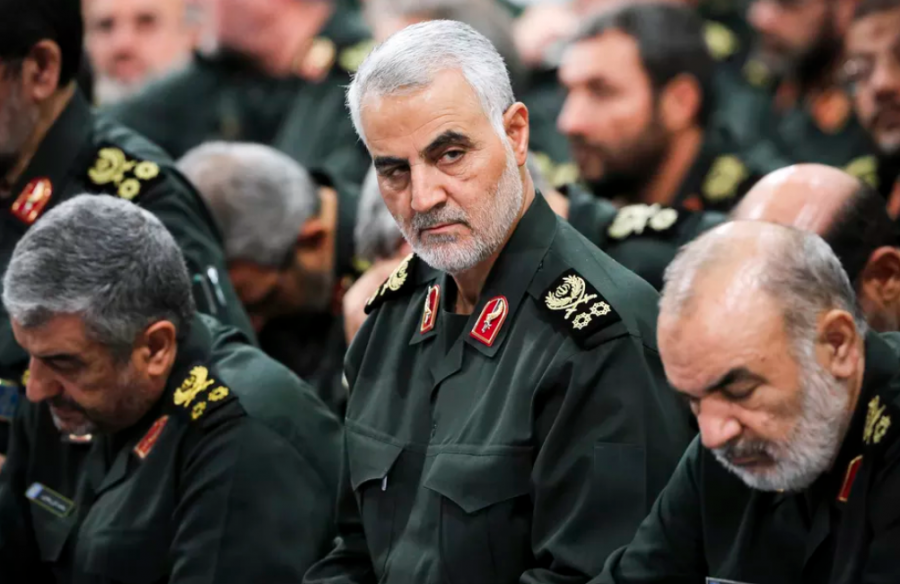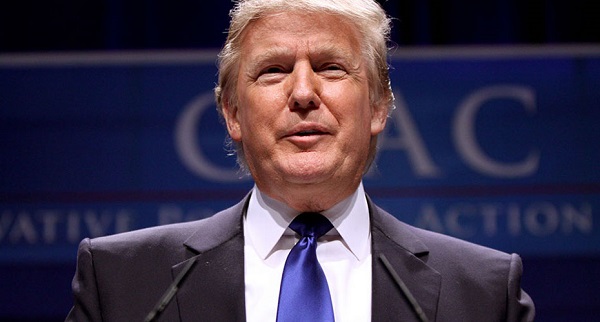Neither Safe Nor Sorry: the Soleimani Airstrike
BAGHDAD, IRAQ—Qasem Soleimani, the right-hand man of Iranian Supreme Leader Ali Khamenei and a brutal general with the blood of hundreds on his hands, is dead, struck by an American airstrike. But did his death actually make the United States safer?
Since 1979, Iran has been ruled by a theocratic dictatorship that unlike most of its neighbors in the region follows the sect of Shia Islam, which pits them against Sunni Islam powers like Saudi Arabia. For years, Iran has been waging a “cold war” against its enemies, grubbing its fingers in proxy wars across the region including the Syrian and Yemeni Civil Wars. As head of Iran’s Quds Force, the covert operations arm of the Iranian military, Soleimani was one of the principal architects of Iran’s foreign policy and orchestrated the deaths of hundreds of American servicemen.
Around 1:00 a.m. local time on January 3, 2020, a MQ-9 Reaper drone of the U.S. Air Force launched several missiles at Soleimani’s convoy as he departed Baghdad International Airport. Soleimani was killed, but his death triggered a crisis as Iranian Supreme Leader Khamenei immediately vowed revenge. President Donald Trump countered by threatening 52 Iranian sites with destruction should Iran retaliate, including cultural sites. For a few breathless days, world war seemed possible, even plausible.
Watching frustratedly from the sidelines, America’s allies, especially in Europe, fumed at what they perceived to be a reckless diplomatic action. For months, Trump’s bellicose foreign policy towards Iran has thwarted French President Emmanuel Macron’s attempts to broker a new nuclear deal replacing the previous Joint Comprehensive Plan of Action, which Obama signed in 2015 and Trump withdrew from in 2018. After Soleimani’s death, Iran announced that it would resume uranium enrichment and nuclear testing, dashing any chance of a new deal and sending European diplomats’ teeth gnashing.
Moreover, the dubious legality of the assassination has raised questions. Iraqi Prime Minister Adel Abdul Mahdi protested that Soleimani was scheduled to meet with him the day of the airstrike to mediate negotiations. That would classify the airstrike under the war crime of perfidy, banned under the 1949 Geneva Convention. In response, the Iraqi government requested American troops to be withdrawn, but they were flatly turned down by the Trump administration. While the international reaction to the United States’ War on Terror was near-unanimous support, with Iran, American allies have made their position bluntly clear: you’re on your own.
After satisfying themselves with a largely symbolic strike on a United States airbase in Iraq that resulted in no casualties, the Iranian regime has retreated, turning instead to address domestic crises after it was revealed they had shot down Ukraine International Airlines Flight 752. The imminent threat of World War III has faded away. But the repercussions of the strike have revealed the extent to which America is diplomatically isolated and morally stained. And we are still not out of the tunnel yet—it took precisely a month between the assassination of Franz Ferdinand in 1914 and the outbreak of the First World War; it is still too soon to say whether we have truly escaped from the brink, or whether the jaws of war still snap and snarl beneath us.

Vincent Jiang is currently a senior at West Morris Central High School and President of Journalism Club. Passionate about global affairs, he enjoys writing...



































